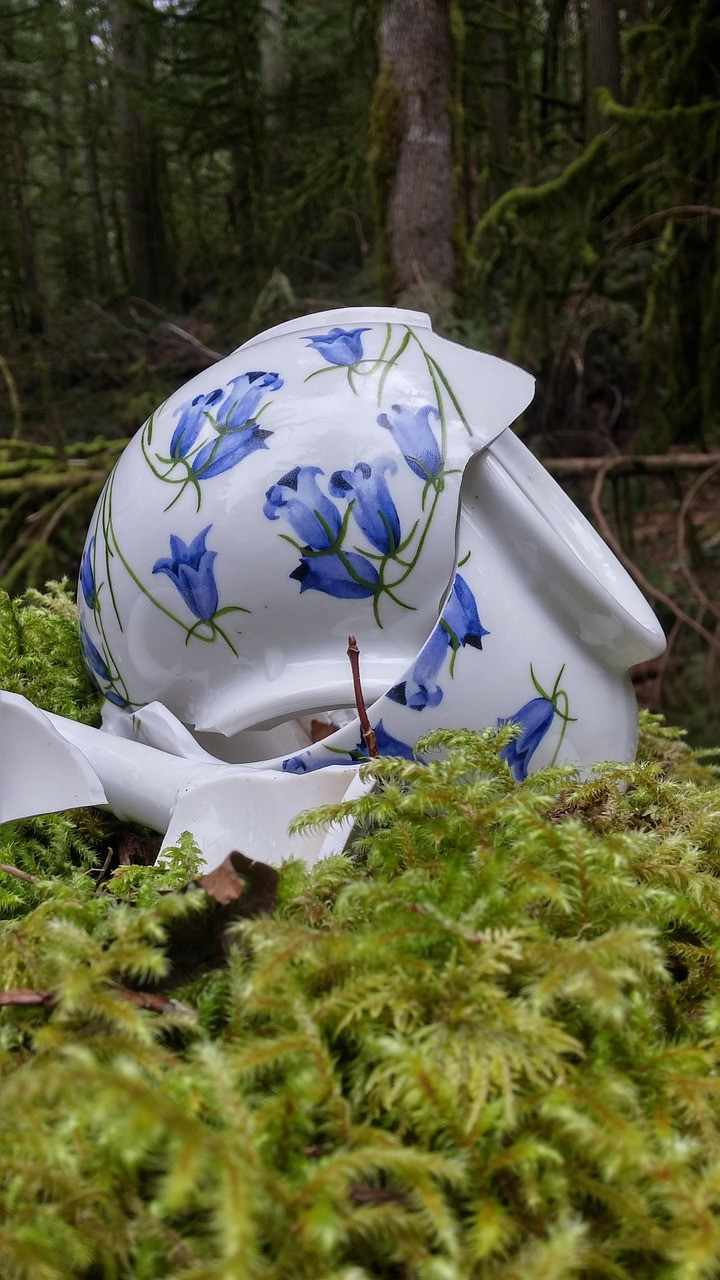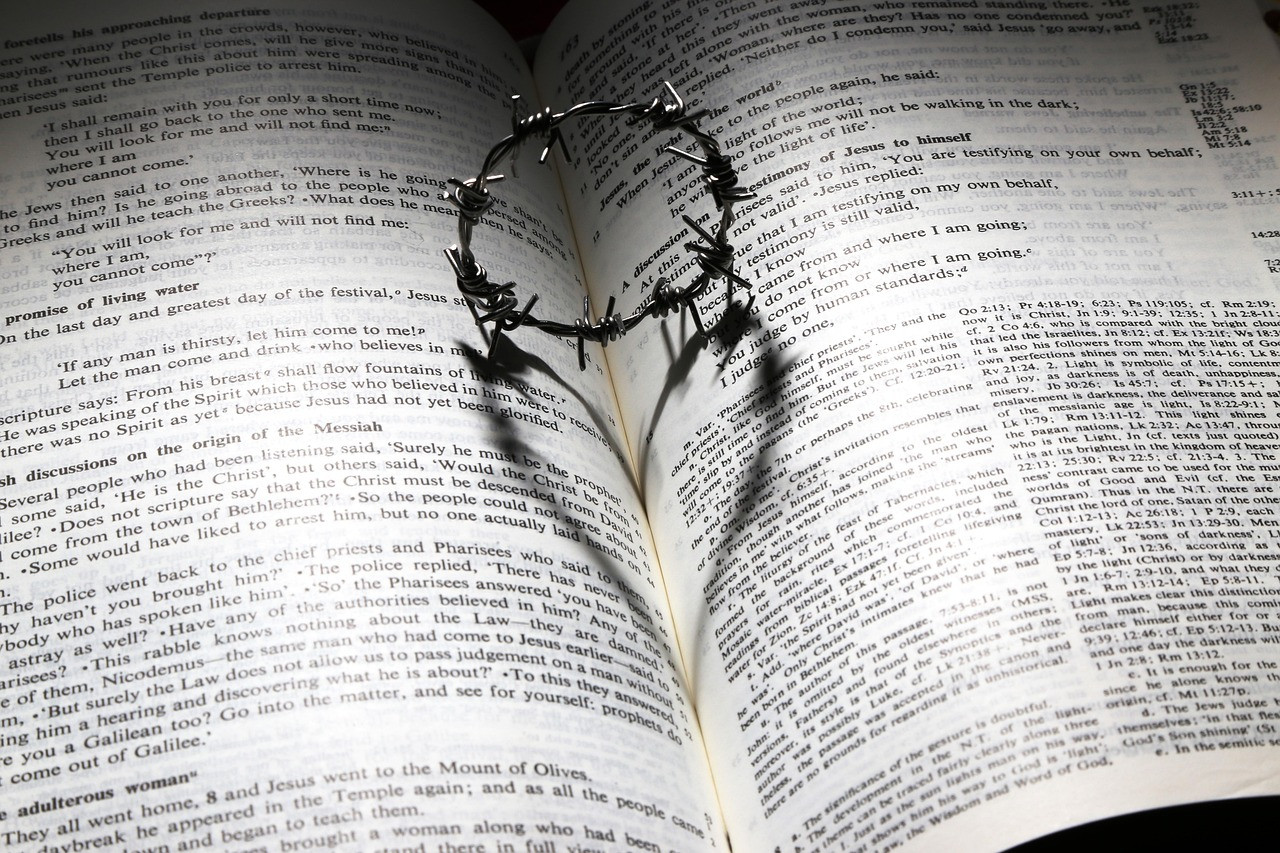Do you ever feel like you're grinding your wheels, like you're going around a hamster wheel over and over again and expecting different results, but not getting them because things just continue the way they've been going and you really long for change, but you're starting to get discouraged and finding it difficult to meet your goals? If that's you, I want to tell you that there is a difference between someone who is successful at reaching their goals and someone who isn't. That difference can come down oftentimes to one of four things. It can come down to a difference in belief, a difference in habits, a difference in perseverance, and a difference in supports. I want to into that for you, so that you can see what contributes to success and what contributes to failure or lack of moving forward.
4 Things that Make a Difference in Success or Failure at Meeting Goals
- Belief: Belief that it is possible is something that those who achieve have many times, whereas those who don't achieve it don't know they can do it. So, if they don't believe it, they don't follow through on the things that will actually pay off and get it. When I wanted to go back to school for my master's degree in professional counseling, I did not know if I could do it. I was already in my mid-30s, and I had three kids at home and was homeschooling and didn't know if I was going to even get into the program because I had to pass a statistics class to be able to qualify to get into the program. So, statistics is math. I am good with words. I am not good with math. I know my strengths and my limitations, and it was really hard to get through that statistics class, but I did. I didn't succeed on the first test. I got an F on the first test. I remember just crying, thinking I thought I was called to this. I thought I was supposed to be a counselor, but I can't get past this first test in statistics. I had studied so hard. I really studied hard. I thought I understood as well as I was going to. I went in there and I bombed the test, and I didn't know how. I thought, oh my goodness, I'm going to waste my family's money and take time away from my kids all for something that I'm just going to throw time and money away. It's just heartbreaking. I remember my husband and I went out to eat at a nice little Italian cafe place, and I remember that moment. It was between will I continue or will I not? I seriously cried trying to decide. It was so hard because it looked like everything was against me. It did not look to me like I could succeed. I only knew what God had called me to and what I desired, yet this statistics class, this first test was standing in my way. As my husband and I thought about it, and we probably prayed about it, too, I don't really recall at this point, but we just decided that it was worth it to go for it because I was there telling myself that I couldn't pass, but in reality, I probably could pass. I just would have to not fail all of the tests, right? I did end up with a C in that class. That was the hardest class of my whole master's program for me. No matter how many A's I got, that C is the one I am the proudest of because I didn't give up and I worked so hard for it, and I believed that I could at least pass that class. I got a C, and that was good enough for me because that's all I needed, was to have a statistics class under my belt. I already had a sociology class and a psychology class from my undergrad degree, so that was it. I could get into the program. It was wonderful because the rest of it was a piece of cake compared to statistics. I was just so thrilled that I didn't give up. So, the belief that I could do something like pass a class, even though I had failed the first test, was a huge, huge shift in what I thought I could do, because I thought it was all over right then and there. But when I chose to believe that it was possible and that God was calling me forward to do it, it was something that I accomplished with God's strength and my husband's help with math tutoring. I did accomplish it.
- Habits: The habits that actually move someone towards success is another difference. The things that we do on the daily, everyday moments, the things that we do when we're trying to set ourselves up for success and for goals are so important. It's not that we have to be perfect or never slip up, but those things that we do over and over again are the things that set the patterns, and those patterns set the outcomes. If you want to achieve your goals, it's important to set effective habits that you follow through on and do regularly, quite possibly even daily.
- Perseverance: Continue to persevere, just like I did through that statistics class. You don't give up. You keep going. Even when things seem hard or seem impossible, you persevere, you keep showing up, and eventually you get through to the other side and you get to see the success and be so proud of yourself for not giving up.
- Support: Have the right supports along the way if you're going to be successful. People who are successful know people who can mentor them, or they get education from others, whether that's through books, courses, mentorship, counseling, or coaching. Whatever it is that they need, they obtain it. They seek out others who can encourage them. They seek out others who can help lead them on to good things, hold them accountable, and show them what is possible. These supports in mentoring, education, encouragement, and teaching, all of these amazing characteristics of what it takes to get to a certain outcome are the people and the things that are in the environment of successful people. See, successful people don't always have everything given to them. Sometimes they have to seek it out.
It's not that things are just naturally easier for people who succeed towards their goals. It's that the people who succeed towards their goals employ these four steps. They believe that they can, they do the actions and the habits that move them forward. They don't give up and they continue to persevere, and they seek out what they need in the way of supports, knowledge, the education, the encouragement, accountability, and mentorship to make it possible.
Scripture for Reaching Your Goals
I can back these things up scripturally, too. If you are looking to meet your goals and you feel like you've just been running on a hamster wheel or a treadmill and cannot get any traction, I want to encourage you with these scripture verses belief that your success is possible.
Philippians 4:13 says, I can do all things through Christ, who strengthens me.
The second one is that you can decide that you will do healthy habits that move you forward towards your goal. I Corinthians 9:24-27 says, do you not know that in a race all the runners run, but only one receives the prize? So run that you may obtain it. Every athlete exercises self-control in all things. They do it to receive a perishable wreath, but we for an imperishable wreath. So I do not run aimlessly, I do not box as one beating the air, but I discipline my body and keep it under control, lest after preaching to others, I myself should be disqualified. It's like training. It's like training in sports. It's something that you get your system to do again and again.
Then when you think about not giving up, about persevering. Galatians 6:9 might be helpful to you, and that is, let us not become weary in doing good, for at the proper time we will reap a harvest if we do not give up. The Bible tells us we will reap what we sow. We will reap a harvest if we do not give up. If we sow good things and if we put that in the ground, those actions will produce good results and outcomes, especially when the Lord has called us to it. When the Lord is stirring our hearts to do something like me going for my counseling degree, we can trust His voice even if we don't see how it's possible because He won't leave us. He will empower us, and He will go before us and make a way.
Finally, Hebrews 10:24-25 speaks to the importance of having others around you who can help which says, let us consider how to stir up one another to love and good works, not neglecting to meet together as some are in the habit of doing, but encouraging one another. And all the more as you see the day drawing near.
Then, to get knowledge is also supported in Proverbs 16:16 biblically and says, how much better to get wisdom than gold, to get insight rather than silver?
You Are Not God
The myth of perfect is what I'm talking about today. First of all, are you God? NO. Are you, you? YES, so you can't be perfect, so we just cleared that up. Can you do things well? Yes, of course you can do things well. Do you want to do things well? Of course, we want to do things well, but the myth of perfect says that it's perfect. For instance, if you do want to go buy those extra gifts so everything looks like there's an abundance under the tree of these amazing gifts, is that really perfect? If then behind the scenes, you're trying to struggle to pay off credit cards, which then leads you to be nervous, which then leads you to work more, which then takes you away from your kids. I think the kids would rather have fewer gifts and have mom or dad present and less stressed than paying for gifts they couldn't afford.
Perfect May Not Be as Perfect as You Think
Assuming that something is perfect doesn't leave room for the fact that perfect may not be as perfect as you think it is. For instance, it might be perfect to have the grandparents over. If they could just come out or if we could fly them out for the holidays, the holidays would be perfect. Well, it might be great to have the grandparents come out for the holidays. That's wonderful. But it won't be perfect. Let's be real. If they're staying with you, it's going to be tight quarters, no matter how big your house is. Abraham Lincoln said, after three days, visitors, like fish, start to stink. The truth is that even good things can have drawbacks. Grandma and Grandpa can be there, but then that means Grandma and Grandpa could be there. You may have a beautiful home that you've decorated, really lovely, and if your kids are playing with their toys and you have expensive stuff out, it may look perfect, but if it comes crashing down and everybody's upset and being punished. Is that really perfect? We have to realize that there is this ability to just roll with it that allows things to be more perfect than perfect. I may not get to everything on that list, and that's okay. I was kind to my kids, and we played, and we enjoyed time. So, we didn't get everything wrapped, and we gave it to each other in a bag instead. So what? Let yourself off the hook.
No One Has It All Together
You don't have to have ten different made-from-scratch meals on the table or recipes. You don't have to have ten made from scratch. Recipes all made on the table on Christmas Day. It's okay to order from Olive Garden. It's okay to pick up a turkey from Bob Evans. You can swing by the bakery and get some cookies or a pie or cake. Get some help if you need it. You don't have to pretend you're superwoman. You don't have to pretend you have it all together. Here's the truth: no one has it all together. If you think that having it all together is what makes you perfect, well, that makes you imperfect because you're believing something that isn't true. Believing something that isn't true isn't perfect because we can only believe things that are true and have them be true. If we're believing things that are false, we can believe them, but that doesn't make them true. All right, a lot of double talk there, but hopefully you understand what I'm saying.
Your Perfect Isn't Everyone's Perfect
When people use the phrase perfect, it sets up the belief, the unspoken, that anything less than this vision someone has is not ideal. The problem is, who are you to say what the ideal vision for everybody is? Some people might think that going to Disney World for Christmas is perfect. The atmosphere is amazing. Some people might think that is the most horrible use of money and crowds. I can't stand them, yet if you're trying to take everyone to Disney World and the people in your group would rather go on a sleigh ride at night in some quiet northern community, and you've just taken them to Disney World, it's only perfect in your mind because it didn't bless everybody. You're not going to be able to bless everybody all the time. You can try to bless people, but perfect to a two-year-old might be playing with the wrapping paper in the box and Mom and Dad not getting upset because they couldn't care less about the toy. That's a whole lot more perfect than, look, I got you this toy and you should like it, and Mom and Dad are upset, and the toy didn't get put together right and it's not working. And where's the batteries? We don't need all of that. The kid's happy with the box.
Good Memories by Being There
Let's wake up and appreciate what we actually have. Stop stressing about giving your kids good memories and give them good memories by being there, being relaxed, going with the flow, laughing when the turkey burns, laughing when the cake falls down and go, oh, my goodness. Or by going, oh, that was so hard, but we can clean it up and then we can figure something else out. The way that you approach the holidays, the way you approach it with stress or without stress, with giving yourself time to relax and enjoy or not, is what you're modeling for your kids as you strive for perfect with your kids. If this is something that you're struggling with this year, I want you to ask yourself, is it really perfect for your kids to see you running around with no time to relax, getting to the edge of your temper, not having time to sit down and just hold them and watch television or snuggle or read a Bible story? Let's evaluate. Is it really as perfect as what you're trying to achieve? Or is that just a myth in your head?
You can do some things that you want to do, but that there is no perfect holiday because it's all variable. Everybody's view is different. You don't have to attain a certain quota of a certain number of recipes that are on the table. You don't have to have a certain way that the tablecloth looks. You don't have to have gifts wrapped a certain way. Sometimes the beauty is in the imperfection, with the relationship being the main focus, Christ being the main focus, and love being the main focus. If you find that your priorities this time of year go to tasks rather than people and rather than the One that Christmas is all about and the love that He came to give us all, that's not really perfect, is it? Cut yourself some slack. It's okay to relax and enjoy the holidays!





